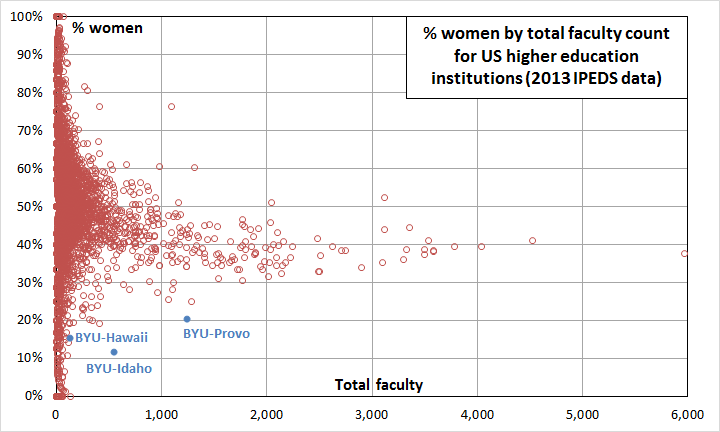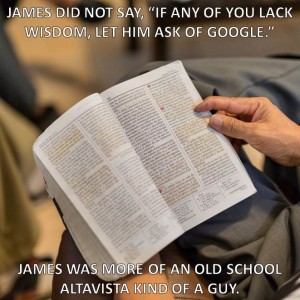I’ve been thinking about some of the things that lots of people I know absolutely rave about, or I feel a lot of social pressure to like, but in reality I just don’t get—for whatever reason, they simply don’t click with me. A sample:
Podcasts: Sometimes it seems like all the fun discussion these days is happening on podcasts. Because of that, I want to like them. But somehow I don’t have the patience to listen, and I find it hard to stay engaged with them.
Museums: I have a really hard time with museums; I just find them boring. Looking at objects and displays doesn’t do much for me.
Strawberries: It amazes me how much people love strawberries, how they’re widely seen as a treat, how they’re even dipped in chocolate. I simply can’t stand them.
Breaking Bad: So many of my friends love this show, and I see it appearing all the time in lists of the best television. I’ve tried to watch it twice, and seriously found it unwatchable.
Nature: It’s not that I dislike nature. I genuinely enjoy being in the mountains or visiting the ocean or being in a forest. But for me, it’s not a transcendent experience. It doesn’t really move me emotionally. For years, I felt tremendous pressure to be having certain experiences when I was out in nature that I just wasn’t having. It’s been a relief to let that expectation go.
The sacrament: In 41 years in the church, I have yet to have any kind of spiritual experience related to the sacrament. I’ve tried various ways of making it meaningful, but in the end it’s a ritual that leaves me cold. People talk about it making a difference to take it; I’ve never felt that way at all. I still take it, but I’ve stopped driving myself crazy trying to make it into anything special.
I’d be curious to hear what other people would put on a list like this.

